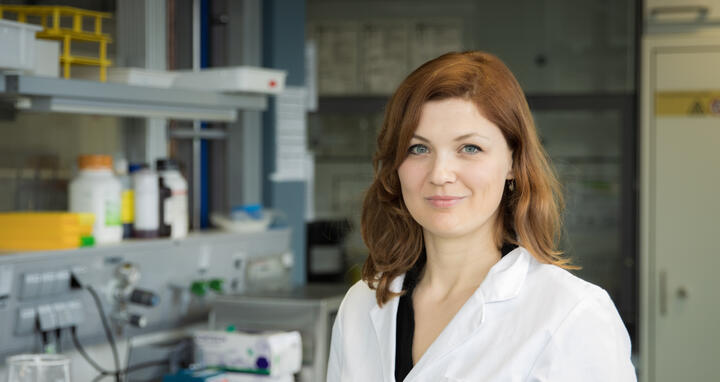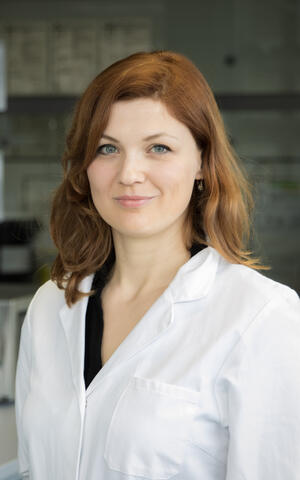Three questions for Ulrika Beitnere
What is the most exciting thing about your job?
Dr Ulrika Beitnere: The most exciting thing about my job is the small thrill that I get when, after long preparation and trials, experiments are working and you get a breakthrough. It excites me that my work has the potential to contribute to society in a meaningful way. Even when my day-to-day work feels like baby steps, we are building on something bigger, we are standing on the shoulders of giants, which is a great feeling to be part of. The other exciting and no less important element in my work are the people that I work and collaborate with and their unique experiences and backgrounds. I am passionate about supporting and training the next generation of scientists.
If money and time were no object, what would your next project be?
If money and time were no object, I would be interested in exploring the pancreas-brain axis and the gut-pancreas-liver axis a bit more on an organ-on chip. There is a lot of evidence that impaired insulin signaling can have significant consequences on brain function and overall health. Insulin is known for its role in regulating blood sugar levels and facilitating glucose uptake by cells. However, it also plays a crucial role in the brain, where it influences various processes, including memory, neuroinflammation, blood-brain barrier function and increases the risk of neurological disorders. And to add some extra complexity I would like to target it with the newest CRISPR technologies, especially those that target RNA to see if we can find some new important regulators or maybe even correct some of the dysregulated factors.
Who would you like to have dinner with and what would you talk about then?
I would love to dine with the first female president from my home country: Vaira Vike Freiberga. She has been an inspiration to me since I was a teenager. Not only it is interesting to hear how she managed to run a country in a crucial period, where Latvia was transitioning from a former Soviet state to an independent European nation. By advocating Latvia’s integration into international organizations, she was a really effective public speaker on human rights and gender equality. She had an academic background and was also a mom to two children back in the day. I just want to know where she found strength in these roles and if she has any tips on how to nurture leadership qualities in the new generation. This subject resonates with me professionally, as a researcher, and personally, as mother to a four-year-old.
The interview was first published in the newsletter “Helmholtz Monthly”.
Further information







